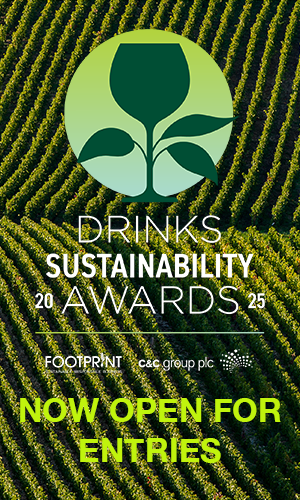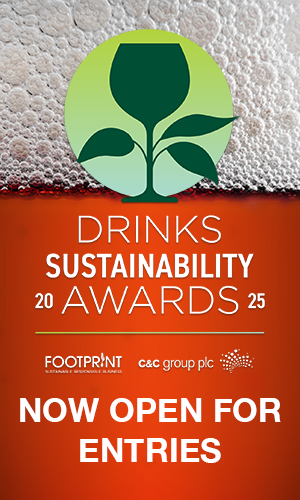Greenhouse gas emissions in Scotland fell 31% between 2008 and 2018, faster than any other nation in the UK or G20 in the same period. The savings were driven by a tripling of renewable energy generation.
However, in its progress report to the Scottish Parliament this week, the Committee on Climate Change said the country could “no longer rely on electricity generation to reduce its emissions”.
The Holyrood government needs to look at other sectors if it is going to be the first net-zero economy by 2045, the CCC said.
The experts proposed measures including mandatory reporting of food waste, new initiatives to shift consumers to healthier diets (with fewer meat and dairy products) and giving over 20% of agricultural land to tree planting, restoration and energy crops.
“To reach net-zero emissions ahead of the rest of the UK and to earn its stripes as an international climate leader when the world looks to [UN climate change talks in] Glasgow next year, decisive action and clear policies are urgently required,” said CCC chairman Lord Deben.
Emissions from agriculture are a particular concern. “Tree-planting and peatland restoration has accelerated in recent years, but there has been no meaningful progress on tackling agricultural emissions in Scotland,” CCC said in its report.
The experts called for more “low-carbon farming practices” and to shift “at least one-fifth of Scottish agricultural land to tree planting, energy crops and peatland restoration”.
Ministers, who are currently readying their next climate change plan for publication in December, must also set out policies to encourage people top shift to healthier diets and reduce food waste. The public sector was advised to “take the lead” on the development of an evidence-based strategy on diets – starting with schools. Targets to cut food waste are also needed across the public and private sector.
The CCC said: “Reaching net zero emissions in Scotland will require all energy to be produced from low-carbon sources and delivered to consumers in carbon-free forms that can make use of those sources. The transition will also involve choices around how people travel, what people eat and the best use of Scotland’s extensive land area.”
Despite its success in limiting emissions during the decade to 2018, Scotland missed its annual emissions target in 2018. Meanwhile, the 2020 target is only likely to be met because lockdown restrictions have constrained emissions temporarily.











